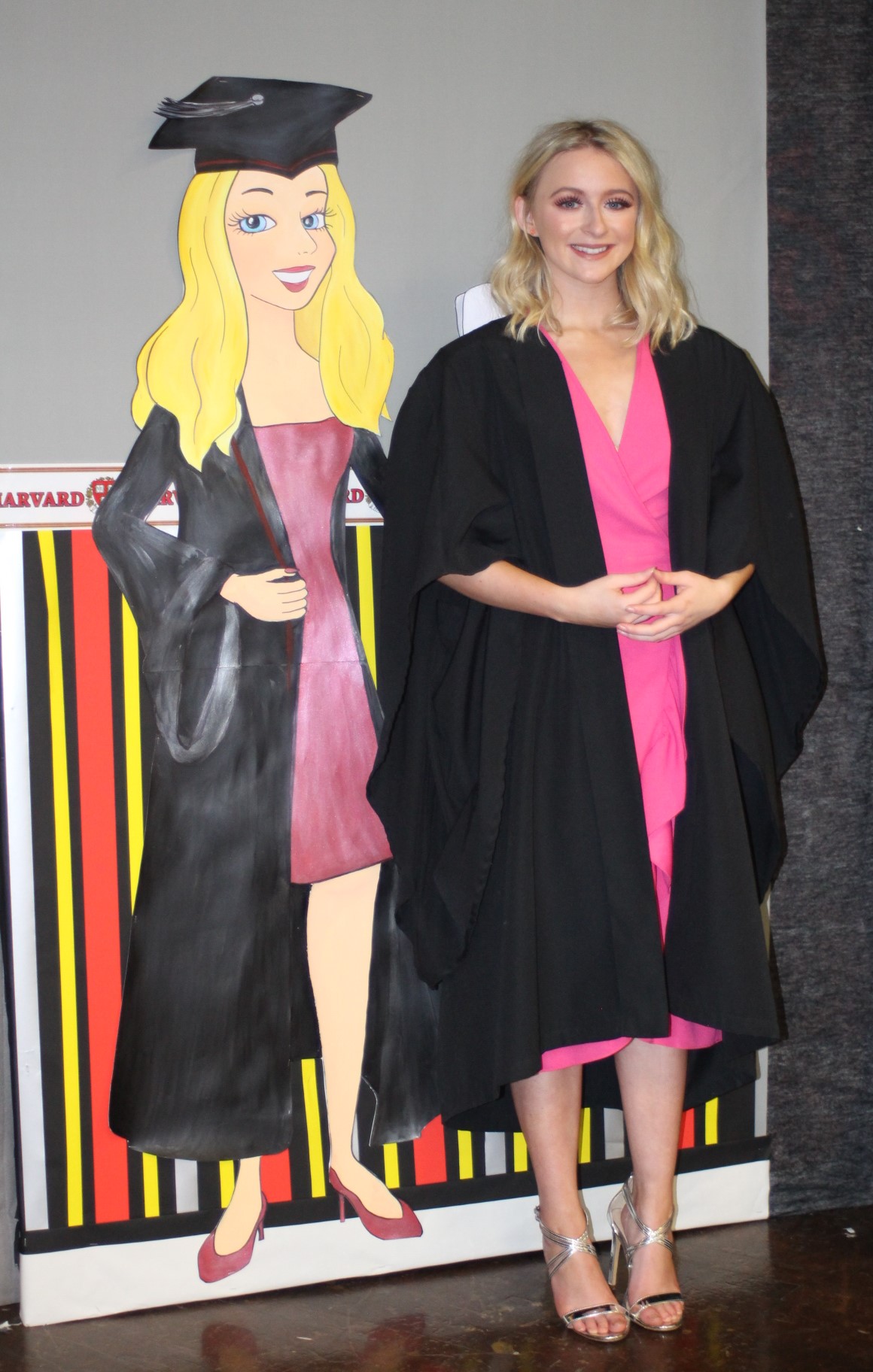
My favourite thing about studying History is that it helps us understand how much the society we live in has changed, usually for the better, and what caused that change to happen, whether it be due to the sacrifices of certain individuals or other reasons.
I would advise new Year 12s to ensure that they have brushed up on their organisation skills before starting the course. The subject becomes much easier if you stay on top of the work and keep all your notes organised, which is always aided by members of staff who are always happy to help you keep your work in order.
I study Politics and Sociology as well as History, which do go hand in hand together. All of the courses have similar structures and share common ground in some of the content you study.
After Sixth Form I am hoping to complete my Law degree. I would advise anyone hoping to go into law to do A Level History as there is a huge link between them, whether it be through presenting your arguments in an essay, or in the actual content itself. Universities do most definitely lean toward History A-Level for Law applicants simply because they have so much in common.
My favourite thing about studying History would definitely be the topics that we covered within the British History component. I personally gravitate more towards political and social history, and through the British course we were able to explore these in-depth over a long period of time, even involving Irish history that made me have a greater understanding of the current political affairs regarding Ireland in today’s society. Also, by doing French History, something that is very rarely offered at sixth forms, you get a wider appreciation of European History without it being centred around Germany/Russia!
My advice to future History students would be to engage in your subjects as much as possible; do the extra reading, put in a few more hours of study periods to try and understand the material, but change subjects if you don’t like what you’re doing. The first term of Year 12 should be purely focused on adjusting to Sixth Form life and study, this makes the next two years easier. By focusing on your subjects, you will start to recognise what you like and don’t like, which makes picking university courses/where you want to study (if you want to go to university) a lot easier as it comes naturally.
At Sixth Form I studied History, English Literature, Sociology and also completed an EPQ in the politics behind the United Kingdom and whether or not we should dissolve the Union. I plan on going to Durham University to study History in October, and hopefully after this seek either a career in law, academia or politics.


My favourite thing about studying history is the nature of the content- both the British Politics module and the Louis XIV module tell really interesting stories and by the end of the two years you will be amazed at how vast and detailed your knowledge has become.
What I wish I knew at the start of Year 12 is that while learning the content is great, you need to remember that you are studying for an exam – always keep that in mind, so think about how ideas link together and how you could develop arguments for essays.
My advice to new history students is to stay really organised – folders, file dividers and a diary help you keep on top of your work and keep track of deadlines. I always kept my work really neat and organised and it made revision much easier. Make sure you have a printed copy of the course specification so you can track and check-off things as you learn. The Doddle checklists are really helpful.
I am starting a Law degree in October so A Level History has really helped me with forming arguments and organising ideas into a strong essay. It also prepares you for learning lots of content quickly and being able to use your own knowledge confidently.
Recent Comments